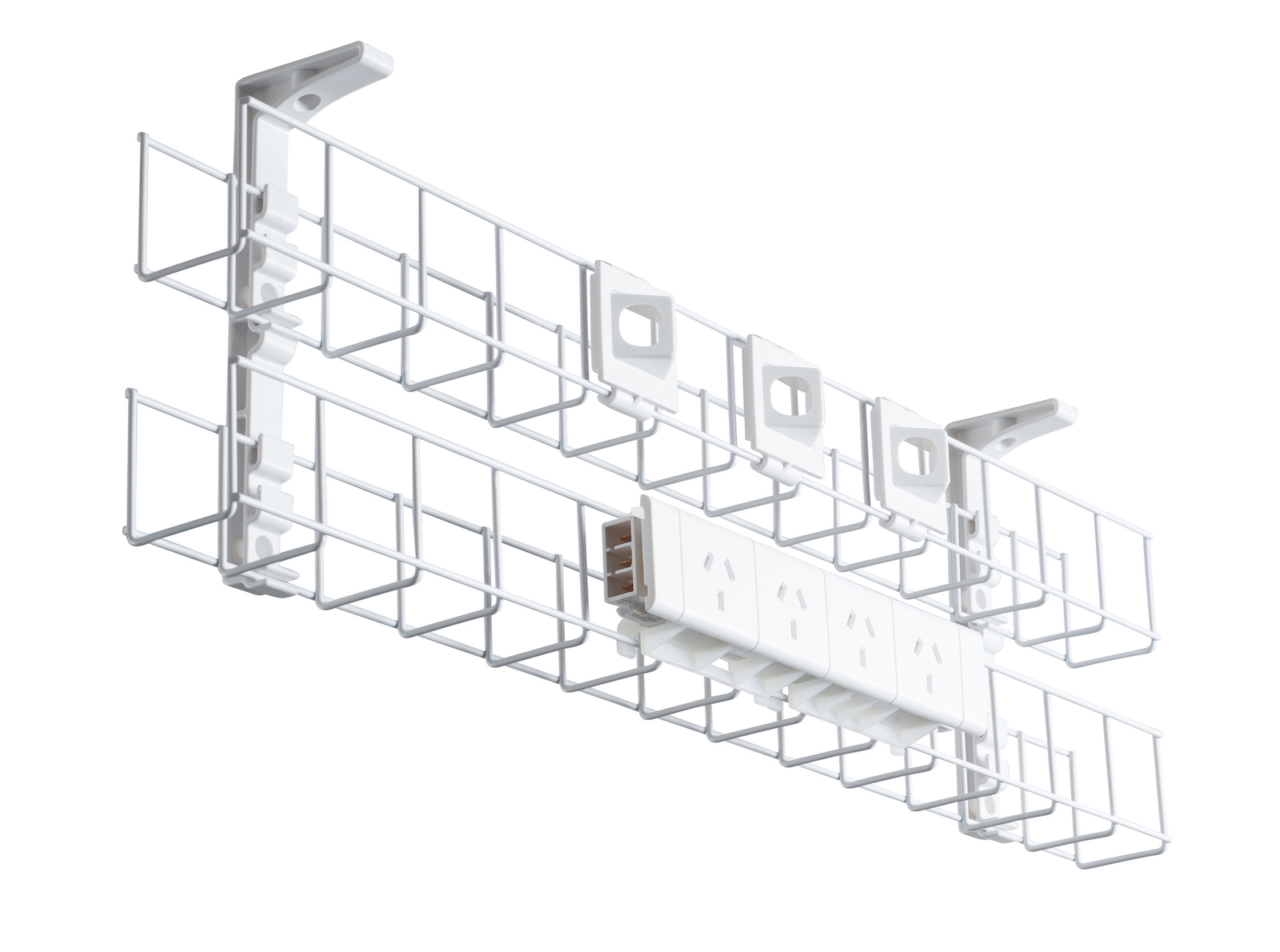
Bridging the Gap: Helping Autistic Adults Transition into Society
Transitioning from adolescence to adulthood can be a challenging phase for anyone. However, when it comes to adults with autism, the journey can be even more daunting. In their school years, these individuals receive ample support from social workers, guidance counselors, speech and language therapists, and occupational therapists. They also have access to social skills classes and one-to-one support. However, once they step into adulthood, these services become scarce and difficult to access due to lack of insurance coverage or general funding.
As they transition into the adult world, they must apply for services such as Developmental Disabilities Administration or vocational rehab services. Unfortunately, not all adults with autism qualify for these services. This is where organizations like Itineris step in. They collaborate with local businesses and larger corporations to provide work opportunities for adults with autism.
Despite their efforts, community building remains a significant challenge. It involves matching the unique talents of individuals with autism to suitable employers, which requires training and education on the employer’s part. There is a misconception that hiring an adult with autism might require additional effort from the employer. However, just like any other employee, they might need certain accommodations in the office.
For instance, some employees might prefer using a whiteboard, an electric height adjustable standing desk, or an extra monitor. Similarly, for adults on the autism spectrum, changes might include bringing in a lamp or adjusting a desk so they aren’t sitting with their back to the door. They might also benefit from having a visual schedule. The key to overcoming these challenges is workplace education.
Organizations like Itineris join a rich history of local organizations that have been striving to make a difference in disability work for many years. The Hearing and Speech Agency of Baltimore (HASA), for example, has been supporting individuals with communication differences since 1926. HASA’s CEO Erin Lamb believes in developing the listening skills of different communities to create a world where everyone can understand and be understood.
In the world of invisible disabilities, individuals often have to advocate for their needs. For instance, a deaf consumer must connect with a venue to request an interpreter at a show. Lamb’s personal mission is to shift this burden from the individual and create a truly inclusive environment for individuals with hearing loss, autism, and other neurodiversities.
However, breaking stigma is just one part of the puzzle. Organizations like HASA also face operational challenges such as securing public and private funding and removing barriers to care. For example, hearing aids are expensive but not always covered by insurance. Despite these challenges, the social and emotional benefits of having access to these services are immense.
In conclusion, transitioning into adulthood for individuals with autism comes with its unique set of challenges. However, with the right support and understanding from society, these adults can lead fulfilling lives. It’s about time we rethink our workspaces and communities to accommodate everyone’s needs, whether it’s providing the best sit stand desk or creating a visually appealing schedule. Let’s work towards creating an inclusive environment where everyone can thrive.





